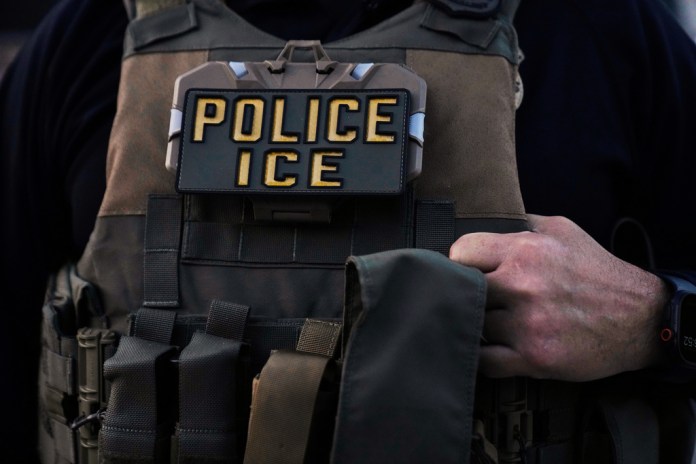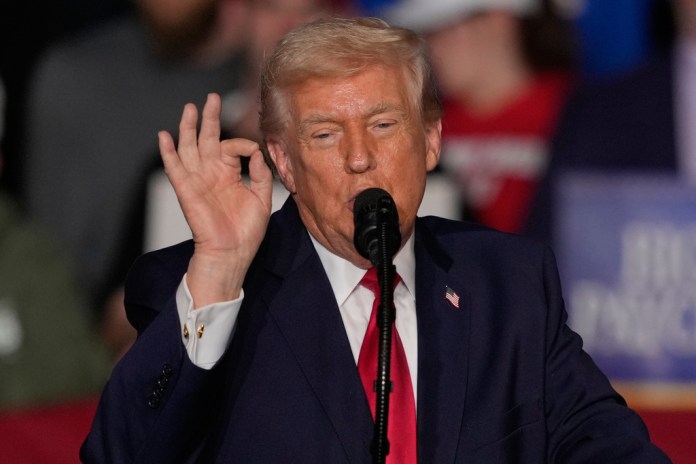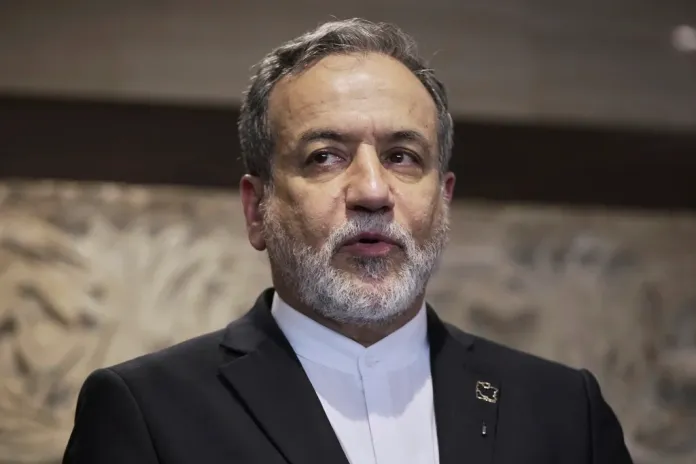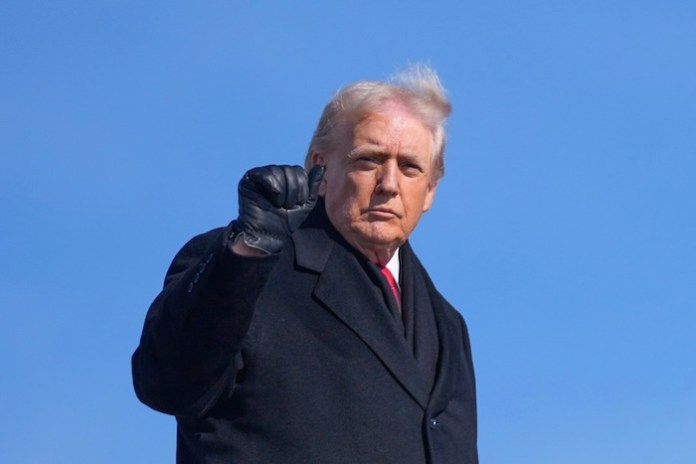Trump returns to UN in stronger position but with greater challenges
The article discusses former President Donald Trump’s return to the United Nations General Assembly in New york City, highlighting that while he arrives in a stronger position than during his 2019 appearance, he faces significant challenges, particularly regarding unresolved conflicts in Gaza and Ukraine. trump is set to address the 80th session of the U.N. General Assembly’s High-Level week, focusing his speech on themes such as peace, sovereignty, liberty, and improving the U.N.’s openness and accountability.
Despite his past criticism of the U.N. and preference for bilateral agreements over multilateralism, Trump is seen as more influential now, with global leaders recognizing the need to engage with him.Experts note a shift in international attitudes, emphasizing Trump’s keen interest in negotiations and how this shapes his diplomacy. His speech is expected to touch upon major geopolitical issues including Israel,Gaza,Russia,Ukraine,China,Iran,North Korea,and Venezuela.
Trump plans to defend Israel, demand the release of hostages held by Hamas, and call on Russia to end the Ukraine conflict. However, his relationship with Russian President Vladimir Putin remains complex, as recent meetings have not led to peace progress. Additionally, Trump has expressed disinterest in recognizing Palestinian statehood, contrasting with moves by the U.K., Canada, and Australia ahead of the U.N. debates on a two-state solution.
The article also outlines the ongoing difficulties the U.N. faces in demonstrating its effectiveness amidst global crises and funding challenges, while Trump and his administration appear poised to continue a critical stance toward the organization, having already disengaged from several U.N. bodies. the piece portrays Trump’s U.N. return as a moment where his strengthened global stature meets complex international conflicts and diplomatic tensions.
Trump returns to UN in stronger position but with greater challenges
NEW YORK CITY – President Donald Trump’s problems ending the wars in Gaza and Ukraine are poised to mar his return to the United Nations in New York City this week, though he is more empowered than he was the last time he made an appearance at the annual leaders summit in 2019.
Trump is scheduled to address the 80th session of the U.N. General Assembly’s High-Level Week on Tuesday before the green marble facade he has criticized in the past.
Despite his criticism of the U.N.’s decor and the multilateral organization more broadly, a White House source underscored that Trump “is excited to participate” and is expected to “lay out his vision for a safe, prosperous, peaceful America and world.”
“Under President Trump’s leadership, our country is strong again, which has made the entire globe more stable,” White House spokesman Davis Ingle told the Washington Examiner, citing how Trump has “brokered seven peace deals, secured historic trade deals and investments, and strengthened alliances across the world.”
A White House official told the Washington Examiner that Trump would use his address to the U.N., his first in-person appearance at the summit since 2019, with the COVID-19 pandemic upending the 2020 edition, to emphasize issues of “peace, sovereignty, liberty,” ensure the organization delivers on its “core mandates,” and to promote “transparency, accountability, and burden sharing.”
Through a State Department spokesperson, Secretary of State Marco Rubio defined the U.N.’s core mandates as being “an effective tool for advancing peace, not a bloated bureaucracy that compromises national sovereignty and pushes destructive ideologies like[[diversity, equity, and inclusion].”
Trump’s desire to make his mark on the U.N. is at odds with his preference for bilateralism over multilateralism as the two wars he promised to end on day one of his second administration continue eight months into his second presidency.
But although Trump may dislike multilateralism and is contending with the wars, he is heading to the U.N. in a position of strength compared to previous iterations.
For Jon Alterman, the Center for Strategic and International Studies’ Zbigniew Brzezinski Chair in Global Security and Geostrategy, the most striking difference between now and Trump’s other appearances at the U.N. is that leaders once “tried to avoid [the U.N. General Assembly] because they thought it would be awkward to run into” him.
“Now I think everybody in the world has concluded that they both can and need to engage with him,” Alterman told the Washington Examiner. “You saw with[UkrainianPresident[UkrainianPresidentVolodymyr Zelensky’s most recent]meeting in Washington, all the European allies came to meet with the president, and[RussianPresident[RussianPresidentVladimir]Putin came to Alaska to meet with the president. There is this desire across the spectrum to engage and I think a belief that you’re much better off engaging than not engaging. And I think that’s very different from the first term when people thought there was too much risk, too much uncertainty, and they would just avoid the encounter entirely.”
Leaders are also advantaged now in contrast to then because “there’s a much greater understanding of how [Trump] operates, what he prioritizes, his keen interest in negotiations, and his belief that negotiations can resolve differences,” according to Alterman.
Regarding Trump’s highly anticipated address, Alterman previewed potential presidential references to Israel, Gaza, Russia, Ukraine, Europe, and China, in addition to Iran, North Korea, and maybe even Venezuela.
“The challenge has always been calibrating reassuring allies and partners and intimidating adversaries, and the president’s unpredictability sometimes has the opposite effect,” he said. “Getting it so that the allies are moving where you want them to move and the adversaries are moving where you want them to move, and not just the adversaries think they can play him and the allies think they have to hedge against abandonment. That’s not where you want to be.”
More generally, American Enterprise Institute senior fellow Brett Schaefer predicted Trump would speak to two audiences through his address, one domestic and the other foreign.
“Domestically, he’s going to tout his successes, what he’s seen as successes, whether that’s the tariff agreements, whether that’s the U.S. economy, whether that’s securing the border, all these things are no doubt going to be celebrated by the president,” Schaefer told the Washington Examiner. “In terms of the audience there, I think the president is going to tout his foreign policy successes. The White House has noted that he’s been involved in resolution of conflicts, or at least cessation of hostilities, in about six different conflicts around the world.”
More specifically, Schaefer assumed Trump would defend Israel, demand that Hamas release its remaining hostages, and implore Russia to “end the fighting in Ukraine,” though he has repeatedly put pressure on Zelensky to agree to a peace deal with Putin.
“The review of U.S. involvement in international organizations has still not been publicly released,” he said. “It would not surprise me if the president teased, or at least unveiled part of the conclusions from that review, particularly in front of this audience as the United Nations is particularly interested in the future of U.S. engagement with the organization and the organization is facing an existential crisis in terms of funding and in terms of its relationship with its largest donor and supporter.”
Trump has already announced his administration’s unwillingness to engage with the U.N. Human Rights Council, the U.N. Educational, Scientific and Cultural Organization, and the U.N. Relief and Works Agency for Palestine Refugees in the Near East.
Alterman agreed that the U.N. has a challenge in how it demonstrates it makes a positive difference, particularly amid the Israel-Hamas and Russia-Ukraine wars.
“I think that part of what other countries will be trying to do, whether it’s the Europeans, or Asians, or others, is they’ll try to persuade the U.S. administration that they should care about the future of the U.N.,” he said. “How successful they’ll be I don’t know and I think that the president’s retort may well be, ‘Well, I personally solved more problems than the U.N. did this year.’”
To that end, U.S. allies, including the United Kingdom, Canada, and Australia, recognized Palestinian statehood in the Gaza Strip and the West Bank on Sunday before Monday’s U.N. General Assembly general debate regarding a two-state solution between Israel and Palestinians. The debate has been organized by France, which started the recognition campaign, and Saudi Arabia to try to increase pressure on Israel to agree to a ceasefire in order to mitigate the humanitarian crisis in Gaza as Israel expands its ground operation in Gaza City after last week’s strikes against Qatar, another U.S. ally that the U.S. has asked to host Hamas leaders within its borders.
“As the president stated, he would be rewarding Hamas and would be hindering efforts to bring home the hostages if he recognizes a Palestinian state, and he doesn’t think they should be rewarded. So he is not going to do that,” a White House official told the Washington Examiner on Sunday of recognizing Palestinian statehood.
The diplomatic move punctuates how powerless U.S. allies are against Israel without U.S. support, despite the U.N.’s Independent International Commission of Inquiry on the Occupied Palestinian Territory finding Israel has committed war crimes and crimes against humanity, stopping short of calling the war in Gaza a genocide.
Recognizing Palestinian statehood is part of a package that “hopefully takes us from the appalling situation we’re in now to the outcome of a safe and secure Israel, which we do not have, and a viable Palestinian state,” British Prime Minister Keir Starmer told reporters alongside Trump last week during their press conference concluding the president’s three-day state trip to the U.K.
“The hostages have been held for a very, very long time, and they must be freed. And we need aid to get into Gaza at speed,” he said.
Trump, from behind his press conference podium, expressed his concerns regarding recognizing Palestinian statehood, reiterating that his priority is Hamas releasing the hostages, with both Trump and Starmer agreeing Hamas cannot govern Palestinians in the future.
“We have to remember Oct. 7, one of the worst, most violent days in the history of the world, not just there, but in the history of the world,” Trump said. “But we want it to end. We have to have the hostages back immediately. That’s what the people of Israel want. They want them back. And we want the fighting to stop.”
At the same time, the limits of Trump’s power over Putin will also be on display during the U.N. General Assembly’s High-Level Week after last month’s meeting in Anchorage, Alaska similarly failed to yield a ceasefire or peace deal with Ukraine.
During his post-trip press conference in London, Trump amplified his disappointment with Putin regarding the Russian’s war with Ukraine, particularly as Moscow last week kept invading North Atlantic Treaty Organization airspace with drones.
“The one that I thought would be easiest would be because of my relationship with President Putin, but he’s let me down. He’s really let me down,” he said. “If the price of oil comes down, Putin is going to drop out. He’s going to have no choice. He’s going to drop out of that war.”
WAS TRUMP’S ROYAL WELCOME WORTH IT? BRITS CERTAINLY THINK SO
While a Zelensky meeting with Trump during the U.N. General Assembly’s High-Level Week has not been confirmed, Netanyahu will sit down with Trump at the White House after the summit.
“There’s a conception that the last person to talk to the president has ideas stick in his mind, so I think there are going to be a lot of people who are going to try to get a piece of him,” Alterman said. “I think from the president’s perspective he’s not going to come in with a clear end state, he’s going to want to see how many things he can move forward simultaneously.”
" Conservative News Daily does not always share or support the views and opinions expressed here; they are just those of the writer."




